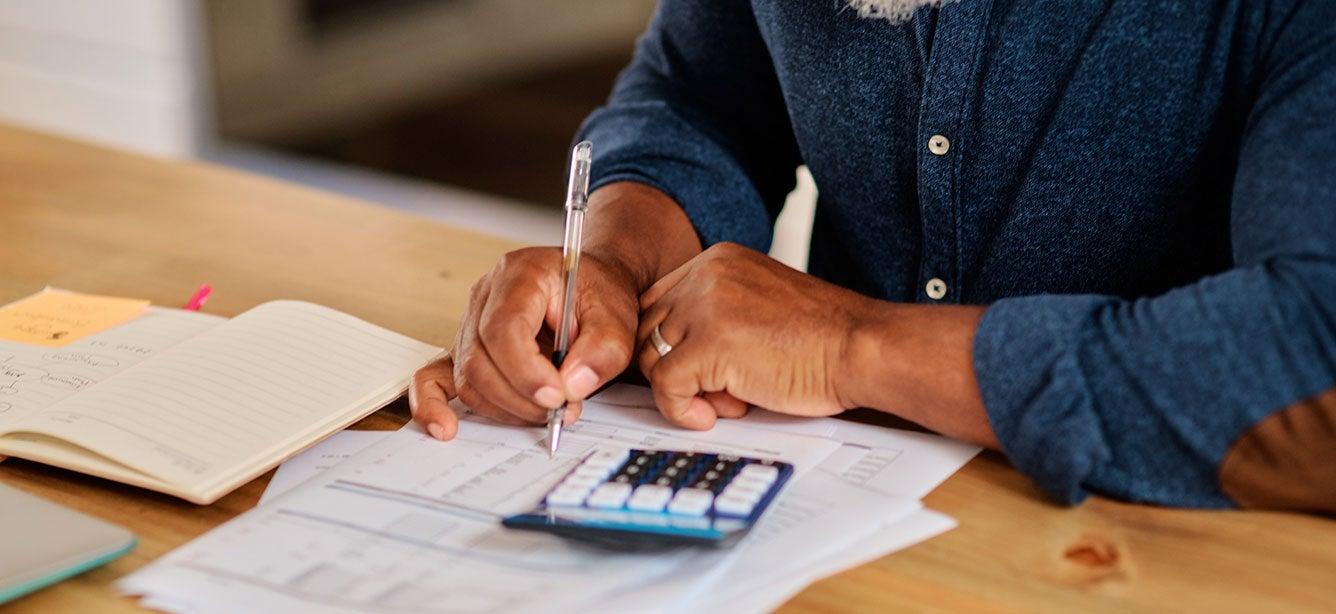
Related Topics
An emergency fund, as the name implies, is money put aside to cover financial emergencies. Building an emergency fund is one of the core financial activities to support financial well-being. Before we look at the emergency fund in more depth, it would be helpful to understand why it is important.
People want to feel financially secure. Generally, before we feel financially safe and secure, we need to know that we won’t be blind-sided by a significant, unexpected event. We can identify some of those events as those that fit into categories of:
- Loss of income
- Loss or damage to property
- Harm to physical well-being of self or family
Often, there is a financial component to events in these categories. Job loss means cash flow dries up. Loss or damage to property costs money to repair or replace. Harm to the physical well-being of yourself or your family usually entails medical and related expenses. Some of these expenses can be covered by adequate insurance. However, some cannot be covered in this way and those often create financial distress.
When money is needed to address financial distress, it’s often possible to secure a loan or use a credit card. Unfortunately, while this may solve the immediate concern, it creates financial distress of its own, because of increased debt. Rather than eliminating the financial problem it just defers it.
A well-funded emergency account is a good tool to address these concerns. By setting aside money in an account dedicated to potential financial emergencies, you have one less stressor to negatively impact your life. Note that, by emergency, we can include any unusual or exceptional expense. This can even include replacing major appliances and similar expenses.
How much to include and how to fund your emergency account is a natural question. How much depends on your overall financial situation. This might include multiple income streams, other liquid savings, investments that can be used. Think about how much you might need in each of the categories above.
- If you were to lose income or your cash flow suffered a significant drought, how long could you remain financially comfortable before your lack of money stress level started to rise
- If you suffer an illness or disability, how much is covered by existing insurance and how much will you have to pay out of pocket?
- If a major appliance (e.g., furnace, air conditioner, refrigerator) had to be replaced, how much would it cost?
Add these amounts together and you have a reasonable idea of how large your emergency savings account should be.
As for where to hold the account, you want the money in a place where it is readily accessible at need. Also, you want to ensure that the money you put in the account is there when you need it. This means normal investment accounts probably won’t be a good location, because of their inherent fluxuations in value. Your bank, credit union or money market fund will likely be the best place. Use money market, CDs (as long as the maturity date is not too far out), passbook savings or any similar account. Even though you may chafe at not earning much of a return on these funds, that’s not your goal. The goal is to have the money available when you need it to give you peace of mind.
Think of your emergency fund like an insurance policy. Until you need it, it may seem like a waste of money. However, having the money in place when an emergency strikes makes the fund worth having. Emergency funds, like insurance policies, are only effective when they are in effect—you can’t start an emergency fund to handle the emergency after it strikes. The emergency fund must already be in place to be of any value. As you consider this, think of the peace of mind that will come from knowing you have the necessary funds to cope with significant and unexpected financial needs when they arise.



